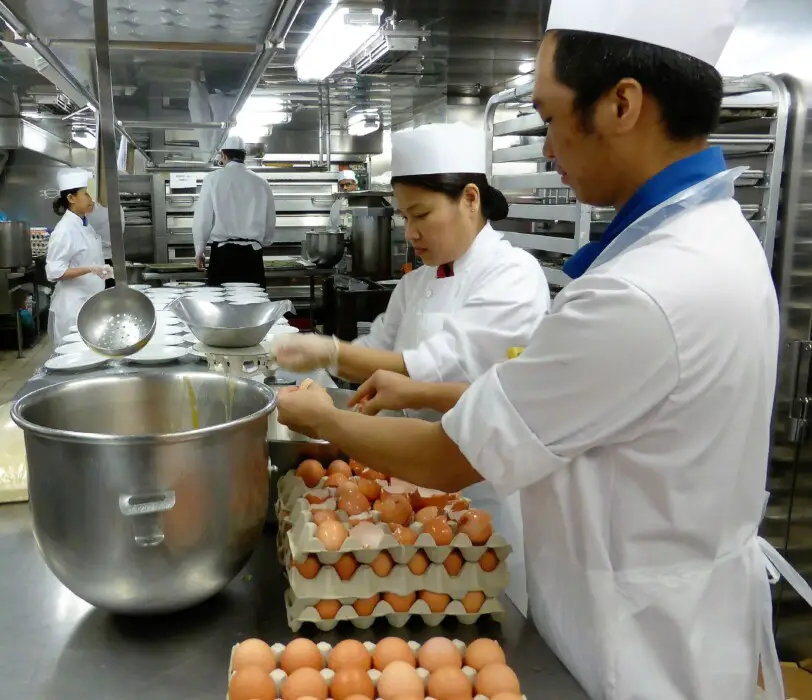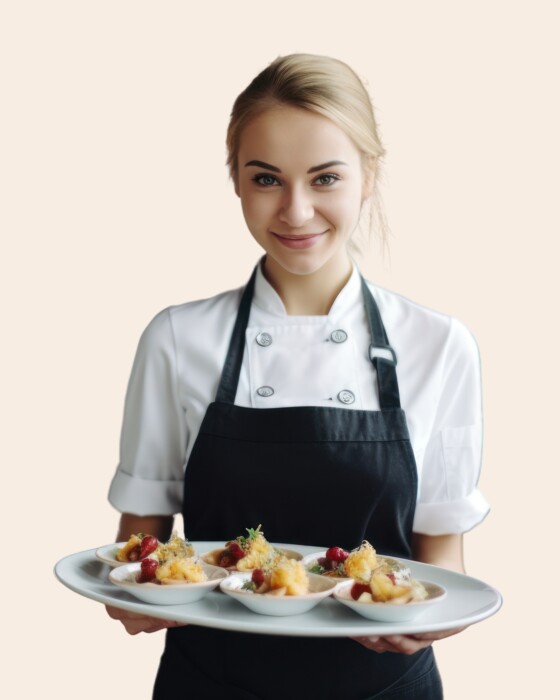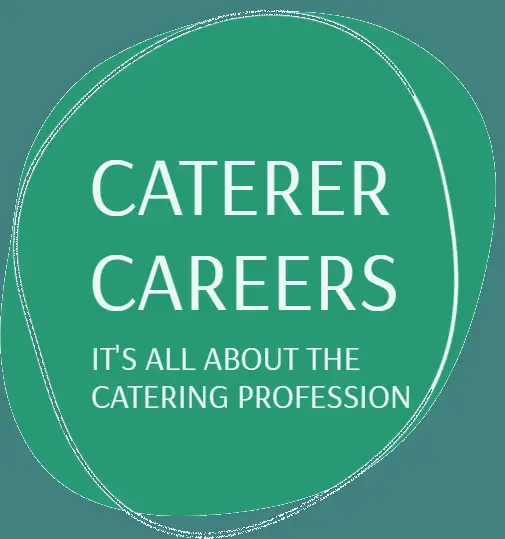
The student life seems to be programmed for that period of time of studies. Sometimes, when you look back at your time at school, a lot of memories come to mind.
Learning is in different forms, but the end is to acquire a skill or education.
Having value for education is an investment with so many benefits.
The pains or stress we endure during the period of studies shows the dedication we make to succeed.
Semesters come with their ups and downs, yet, educational stuff has to be done.
Before resumption of school, one has to plan sorting out tuition costs, and other finances one will need in an academic year.
The thoughts and anxiety on how to scale through will always be there…
On-campus students will worry less, in the area of transportation. Off-campus students will face the everyday challenges of getting to school.
You’ll have to wake up early and prepare for school. This training prepares you for a kind of job (kitchen work), that keeps you on your feet, most times.
The effort you put in doesn’t consider the cost of the program, but the passion for what you want to achieve.
Don’t feel if the program will be worth it, you’re the one that’ll make it worth it.
If you want to have fulfillment for your passion, it sets you on a journey to work and succeed. You can’t set a goal and sit back, you have to move and achieve your aim.
If you want to be a chef, you must know, have it settled, kitchen work will take plenty of your time.
Professional chefs are those who’ve decided, whether or not, they hold a certificate, diploma, or degree in culinary arts, their love for the job still stands.
The routine activities of a culinary student translate into that goal a student set and move to achieve it.
Wearing Of Uniform
The sensation the chef’s uniform gives is soothing. This is the pride and symbol of the profession.
Whenever you don this outfit, some people are attracted to you, the admiration you get, may not be noticed by the student, some wish they were like you, and some might consider taking up culinary studies or profession.
You never can tell what goes on in the minds of people who see you wearing the chef white. It is the symbol of a culinary student.
To wear this uniform shows or means that you’ve decided to become a professional chef in the future.
It shows your willingness to stand for hours working in a commercial kitchen.
It means you’ve made up your mind to work “pots” and “pans” in commercial kitchens.
It means that after school, you could work as a commis, chef de partie, sous chef, or an executive chef.

You could also work as a larder, culinary, or pastry chef.
During the period of schooling, you’ll be in a bag or books.
Have you seen a student carrying a bag? Have you noticed a student holding books?
These are things that are prevalent with students in their academic activities.
Learners are known for carrying bags and books, and culinary students do that too.
Bags hold valuable content we relate with on a daily basis. Writing materials will always be in their possession.
You’ll look so nice, wearing your chef white, carrying a bag or holding a book.
Getting To School
Whatever location your place of study is, you’ll make efforts to get there. This includes being at a bus or train station to get conveyed to your destination of study.
You could use taxis to school, or better still, your own transport will be a plus.
Depending on the location of the institution you attend, it’ll take you minutes, an hour, or more to get there.
This process of being in transit is part of the day-to-day experience of a culinary student who is off-campus.
Sitting on a bus or train to school, your thoughts will be, to arrive at school and attend lectures for the day.
Arriving at school, your eagerness will be to be in class, while in class the focus will be on the learning task for the day.
Things you experience on the way to school every day teach you one, two, or more things.
Learning is not only in classrooms, we can learn from things we see in life each day.
When we leave home for school, standing on the road to take a taxi or bus, being at the train station, waiting for the train to arrive, we learn from events that take place in those moments.
The student life seems to be all about learning, so gather knowledge to prepare you for your future career.
You’ll experience or see a lot of things on your way to school, take the ones that’ll benefit you positively!
Being on transportation to school each day signifies that you are pursuing something that you’re passionate about.
Theoretical Class Session
The school premises are an environment for learning. There are buildings within the compound that represent a classroom location
This community for learning provides opportunities for students to relate with one another.
So, no matter the building or apartment that is in a school compound, there must be one you’ll walk into and attend class.
Theory sessions that you’ll undergo, will involve lots of writing work. You’ll sit and Learn how the kitchen environment works.
Coming face-to-face with your instructors is the opportunity to learn and tap from their wealth of experience.
This learning prepares you for the value that you’ll bring to the establishment of your future employer.
Long classes are common in culinary schools, but there’ll be break periods for coffee or tea.
You’ll spend time in class during studies, but you’ll have fellow students to relate with, and there’ll be one or two you’ll be fond of.
You must understand that catering work is like being in the military, it’s a fast-paced job environment.
You’ll be given an assignment, or school homework to do. You’ll be taught menu planning or development, costing, and kitchen management.
You’ll be given information on food allergy, dietary, nutrition, food safety etc. Asking questions in class is necessary to get more clarification on points you need more clarity on.
Lecturers are always willing to help on issues you need clarification on.
Practical Class Session
Experience in a Culinary school kitchen reflects what to expect when you’re hired to work in a professional kitchen.
Hands-on activities will be paramount in practical sessions. You’ll learn how to measure ingredients through scaling.
Mastering knife skills is one part of hands-on practices in culinary. Cutting techniques are necessary while developing cooking skills.
You’ll be doing lots of tasting to understand different flavors. Plating and presentation will be another area to focus on. Fine dining work requires much creativity.
You’ll give attention to knowing the consistency of sauces, making soups, and the 5 basic sauces.
Hygiene practices are not left out, as you must learn how to clean as you go.
You must understand gastronomy, as this trend is the practice of present-day culinary work.
You’ll learn to cater to a large volume of people. Giving attention to details is the best way to learn fast.
You’ll be walked through the basics of doing butchery, a knowledge you must possess as a chef.
There’ll be demonstrations in school kitchens, to learn how commercial kitchens operate.
The culinary class will focus on cooking and larder work (garde manger, cold food), and another separate class will be for baking/pastry arts.

Benedict Ohia is a culinary chef with over 15-years experience in the catering industry.

